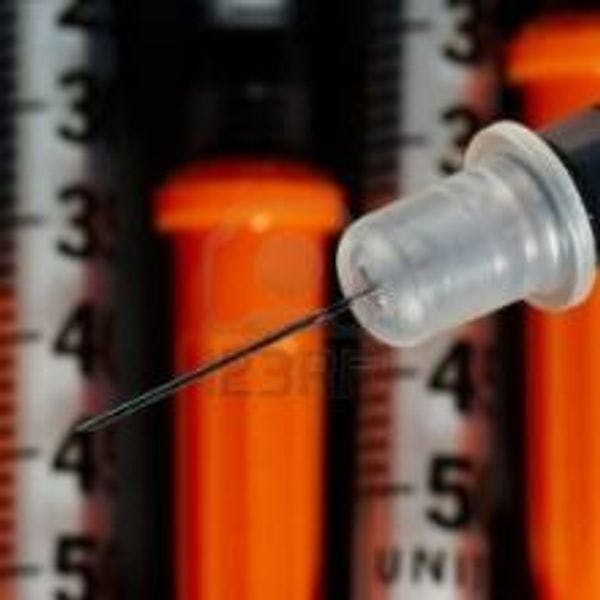Tanzania: jeringuillas seguras para personas que usan drogas
El gobierno tanzano comenzará a distribuir material de inyección esterilizado, incluidas jeringuillas hipodérmicas, entre las personas que usan drogas para ayudarlas a protegerse de posibles contagios de VIH.Más información, en inglés, está disponible abajo.
Suscríbase a las Alertas mensuales del IDPC para recibir información sobre cuestiones relacionadas con políticas sobre drogas.
The government will start issuing clean medical injection equipment, including hypodermic syringes, to people who use drugs to help protect them from getting infected by the HIV virus.
The Muhimbili National Hospital Head of the Psychiatry Department, Dr Frank Masao, said over the weekend that the 'Needle, Syringe Programme (NSP) will start next month. During the programme people who use drugs in the streets will be given clean needles, syringes and purified water.
Dr Masao had said drug users will be given needles, water, swabs and syringes and also enlightened on safe application of injections so they avoid needle-sharing in order to remain safe from getting infected by the HIV virus. He said that it is estimated that more than 25,000 people inject narcotic drugs into their blood systems in the country. He noted that studies have shown that there is also a high risk of HIV and Hepatitis infection among narcotic drug abusers.
A countrywide survey last year showed that 51 per cent of those injecting drugs were HIV positive, out of whom 25 per cent are men and about 75 per cent are women, Dr Masao explained. "Out of 10 people who inject narcotic drugs into their bodies, between two and three are infected with the HIV virus," he said.
The programme that envisages controlling HIV infection among people who use drugs started in 2007, by providing methadone to help them return to healthy and productive lives. He said that the Medical Assisted Treatment (MAT) under the Methadone Clinic at the MNH provides the drug to about 490 patients.
The main challenge, Dr Masao noted, is that dependent users cannot come on a daily basis to receive methadone due to lack of transport and other personal reasons. "They have a specific kind of life where they only think of getting the drug and nothing else. After the therapy we try to rehabilitate them often giving them something to do thereafter. Some of them engage in gardening at the clinic," he explained.
The Minister for Health and Social Welfare, Dr Hussein Mwinyi, said that the success of MAT pilot project at MNH prompted the government to open another MAT Clinic at Mwananyamala District Hospital recently. New clinics at Amana and Temeke district hospitals will follow soon.
"This effort is tailored to bring the methadone treatment closer to patients so they can easily access it without having to travel from afar," Dr Mwinyi explained. He said the high rate of HIV and Hepatitis infection among narcotic drug injecting users drove the government to take special and unprecedented measures to safeguard them from further infections.
The minister noted that the measure includes distribution of clean injecting equipment to the patients and provision of education on how to use them properly. Rajab Hussein (27) injected narcotic drugs into his blood system for seven years before he started receiving methadone to help him cope with the acute withdrawal side effects while his craving for the drugs waned gradually. Hussein explained that after receiving methadone, he is now aware of the high risk of getting HIV infection which he has been courting unknowingly.
Keep up-to-date with drug policy developments by subscribing to the IDPC Monthly Alert.
